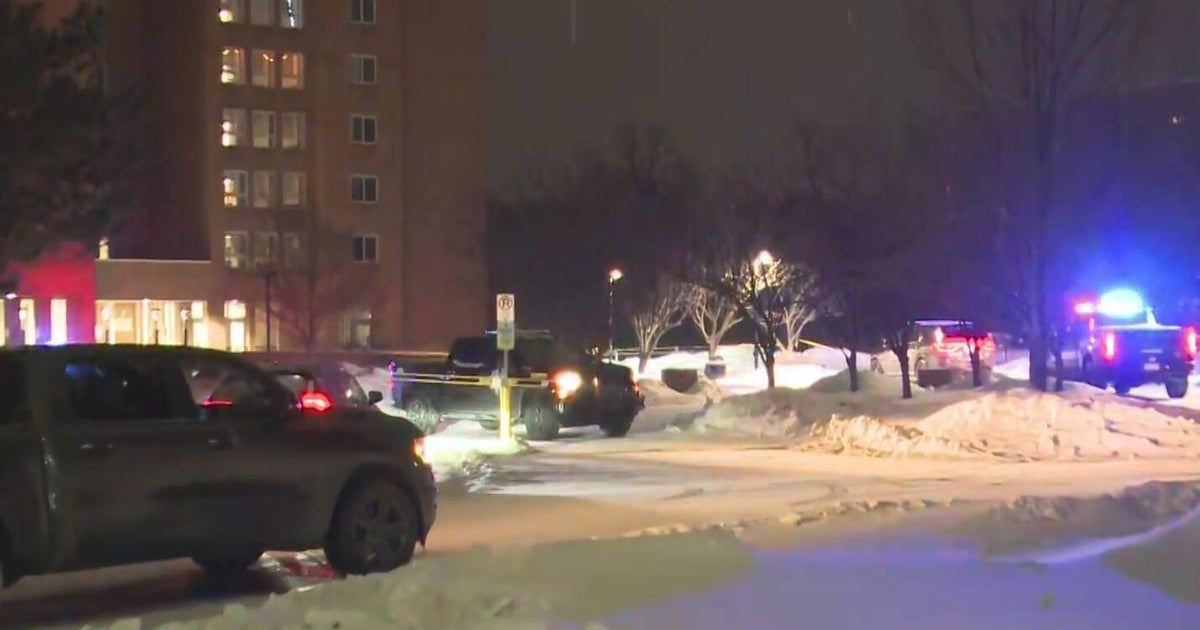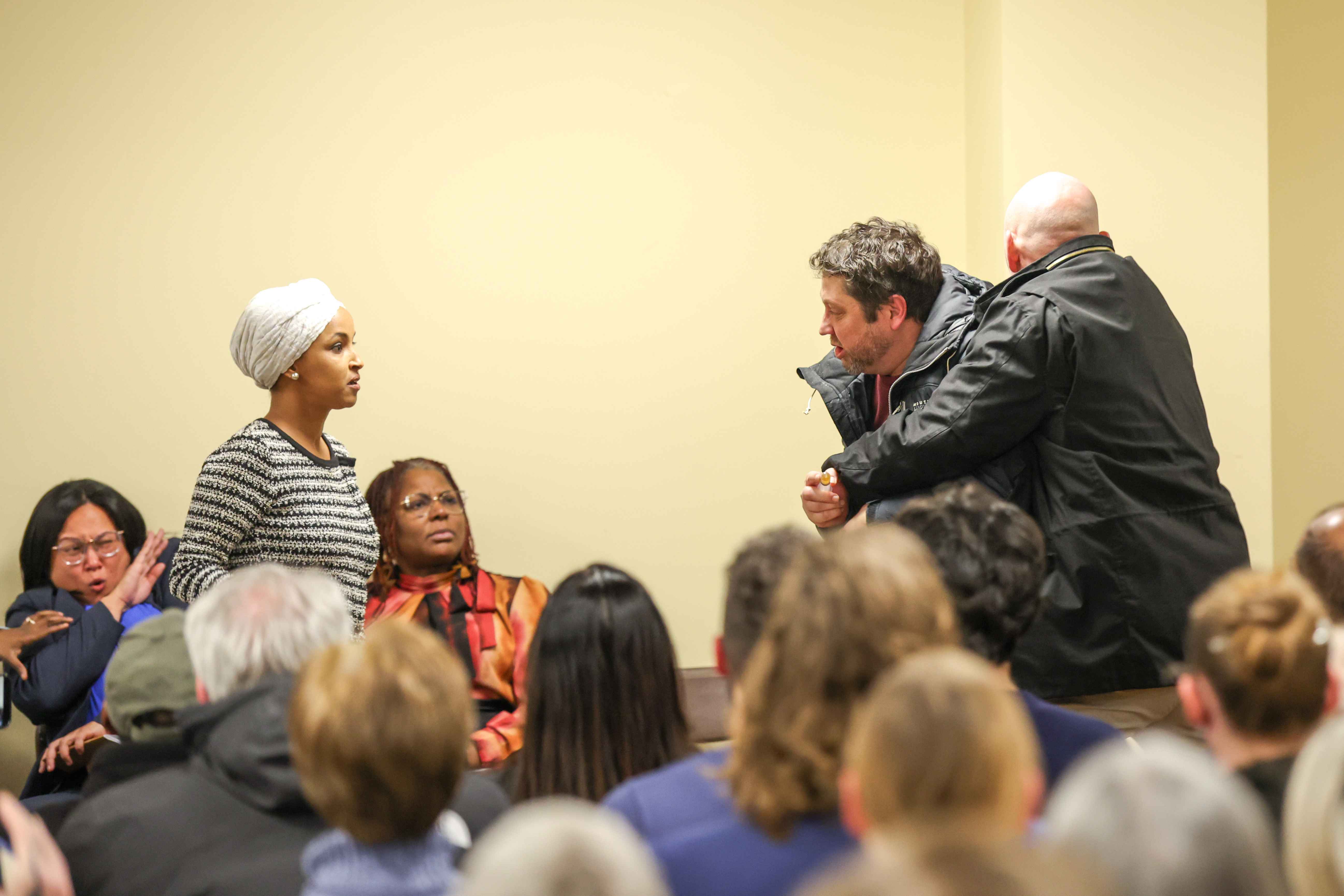Vials of suspected blood sent to RNC headquarters in Washington, D.C., prompting lockdown
Washington — The Republican National Committee headquarters in Washington, D.C., was placed on lockdown early Wednesday morning after two vials of what was suspected to be blood were found in a suspicious package, U.S. Capitol Police confirmed.
The source of the liquid is unclear and under investigation. Capitol Police, which took the lead on the response, confirmed its Hazardous Incident Response Division had examined the package and cleared it. Spokesperson Brianna Burch said the Capitol Police would further investigate the source of the package and its contents.
The Secret Service's Washington Field Office will lead the investigation, the agency said in a statement posted to social media late Wednesday, adding that the substance found at the scene was non-hazardous.
Later in the day, the RNC said in a statement that staffers had "resumed their office duties because we remain unintimidated and undeterred in our efforts to elect President Trump to the White House."
The RNC sought to tie the incident to the "far-left," although police have not yet released any information about a possible motive.
The party headquarters has been targeted in the past. On Jan. 5, 2021, pipe bombs were found near both the Republican and Democratic Party buildings in Washington. Vice President-elect Kamala Harris was evacuated from the DNC headquarters in that incident. No one was ever arrested in connection with the bombs, which were placed on the eve of the Jan. 6 attack on the U.S. Capitol.
The White House condemned the incident during Wednesday's press briefing.
"The Capitol Police is looking into this so I would leave it to them to investigate what's going on," White House press secretary Karine Jean-Pierre said. "It is concerning. We have obviously seen the report. And we are going to do what we consistently have done from here, [to] condemn any political violence, threats or intimidation that has no place in any community and certainly in our political discourse."




